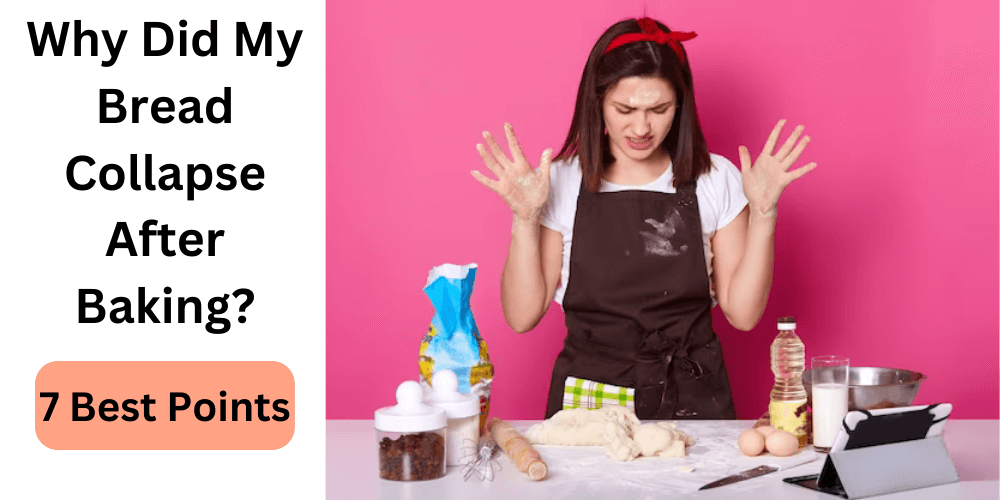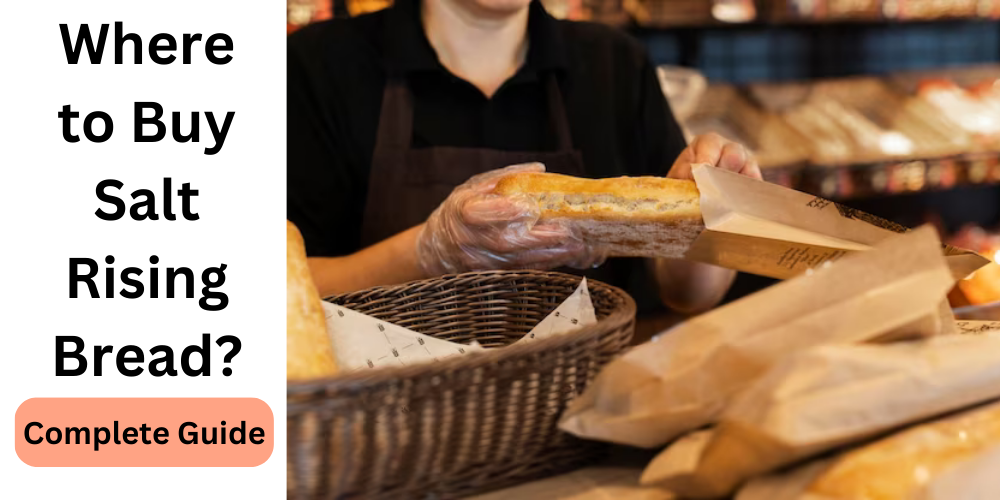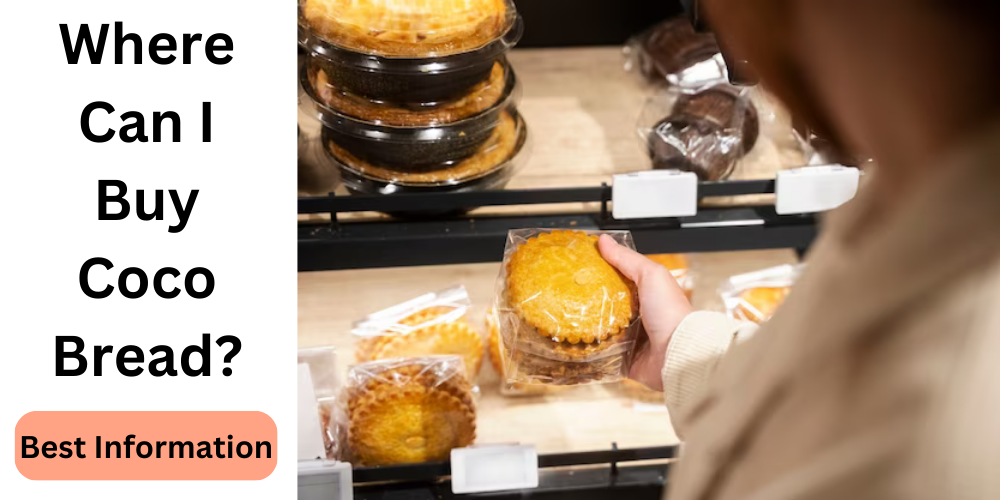Have you ever experienced the disappointment of eagerly awaiting your freshly baked bread. Why did my bread collapse after baking? We’ve all been there. Understanding why bread collapses after baking is crucial for achieving that perfect loaf every time. In this article, we will dive deep into the reasons behind bread collapse and provide valuable insights on how to prevent it. So, let’s uncover the secrets to baking beautiful, sturdy loaves that rise to perfection.

Why Did My Bread Collapse After Baking?
To understand why did my bread collapse after baking, we need to explore the potential causes. Let’s delve into the key factors that can lead to a collapsed bread:
- Overproofing: One of the most common causes of bread collapse is overproofing. When the dough is left to rise for too long, the gluten structure weakens, leading to excessive gas production and eventual collapse.
- Insufficient Kneading: Proper kneading develops gluten, which gives bread its structure and strength. Insufficient kneading can result in weak gluten strands that are unable to support the bread, leading to collapse.
- Incorrect Yeast Amount: Using too much or too little yeast can have a significant impact on bread structure. Too much yeast leads to rapid fermentation, causing the dough to rise too quickly and collapse. On the other hand, too little yeast may result in a weak rise and a collapsed loaf.
- Inadequate Gluten Development: Gluten, formed by the combination of flour and water, provides structure and elasticity to bread. Insufficient gluten development can cause the bread to collapse. As it cannot support the gas produced during fermentation.
- Improper Dough Consistency: Achieving the right dough consistency is crucial for a successful rise. If the dough is too wet or too dry, it can affect gluten formation and compromise the bread’s structure, leading to collapse.
- Incorrect Oven Temperature: Baking bread at the wrong temperature can affect the rise and structure. If the oven temperature is too high, the bread may rise too quickly and collapse. Conversely, a low oven temperature can result in a weak rise and eventual collapse.
- Rapid Rise or Proofing: Allowing the dough to rise or proof too quickly, often due to warm environments or excessive yeast, can lead to a weak structure and collapse.
Related Guides:
How Do I Keep My Bread From Collapsing?
To prevent bread collapse, here are some essential tips to keep in mind:
- Follow proper kneading techniques to develop strong gluten.
- Make sure you use the exact amount of yeast called for in the recipe.
- Ensure the dough has the right consistency by adjusting flour or water as needed.
- Proof the dough at an optimal temperature and avoid rapid rises.
- Preheat the oven to the correct temperature and create a suitable baking environment.
- Monitor the dough during the rising and baking process to avoid overproofing.
What Is The Main Reason For A Collapsed Bread Dough?
The main reason for a collapsed bread dough is the lack of structural support. This can occur due to various factors such as weak gluten formation, excessive fermentation, inadequate rise or proofing, or incorrect oven temperatures. Understanding and addressing these factors will help you achieve a sturdy and perfectly risen loaf.
How Long Should I Proof Bread?
The proofing time for bread can vary depending on the recipe and ambient conditions. As a general guideline, most bread recipes require 1 to 2 hours of proofing time. However, it’s essential to closely monitor the dough and look for visual cues, such as doubling in size, to determine when it’s ready for the next step.
Conclusion
Bread collapse can be frustrating but armed with the knowledge of its causes and prevention strategies. Why did my bread collapse after baking ,You can successfully navigate the world of bread baking. Paying attention to factors such as gluten development, yeast amount, dough consistency, and oven temperature will greatly enhance your chances of achieving beautifully risen loaves. Experiment, practice, and don’t be deterred by occasional failures. Happy baking.
Sources:
- By Loren McCune, Why does bread collapse while baking? Posted 1 Years ago




